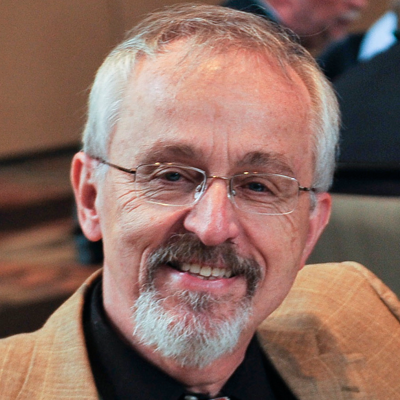Richard Larson – LINC 2016 Conference Speaker
 Richard C. Larson received his BS and PhD degrees in Electrical Engineering from MIT where is Mitsui Professor in MIT’s Institute for Data, Systems and Society. Prof. Larson is author of over 100 scientific articles, primarily in the fields of operations research as applied to service industries, health care, technology-enabled education, urban service systems, queueing, logistics and workforce planning. He has served as President of ORSA, (1993-4), is Past-President of INFORMS, Institute for Operations Research and the Management Sciences, and has served as consultant to the World Bank, the United Nations, the City of New York and numerous private companies. Prof. Larson’s research on queues has not only resulted in new computational techniques, but has also been covered extensively in national media. Prof. Larson has served as Co-Director of the MIT Operations Research Center (over 15 years in that post). He is a member of the National Academy of Engineering and is an INFORMS Founding Fellow. He has been honored with the INFORMS President’s Award, Lanchester Prize (for best publication in one year) and the Kimball Medal.
Richard C. Larson received his BS and PhD degrees in Electrical Engineering from MIT where is Mitsui Professor in MIT’s Institute for Data, Systems and Society. Prof. Larson is author of over 100 scientific articles, primarily in the fields of operations research as applied to service industries, health care, technology-enabled education, urban service systems, queueing, logistics and workforce planning. He has served as President of ORSA, (1993-4), is Past-President of INFORMS, Institute for Operations Research and the Management Sciences, and has served as consultant to the World Bank, the United Nations, the City of New York and numerous private companies. Prof. Larson’s research on queues has not only resulted in new computational techniques, but has also been covered extensively in national media. Prof. Larson has served as Co-Director of the MIT Operations Research Center (over 15 years in that post). He is a member of the National Academy of Engineering and is an INFORMS Founding Fellow. He has been honored with the INFORMS President’s Award, Lanchester Prize (for best publication in one year) and the Kimball Medal.
Prof. Larson is Founding Director of LINC, Learning International Networks Consortium, an MIT-based international technology-enabled education project that will hold its next international symposium in spring 2016. He is Principal Investigator of MIT BLOSSOMS, Blended Learning Open Source Science or Math Studies http://blossoms.mit.edu, focused on high school STEM education (STEM = Science, Technology, Engineering and Mathematics) and STEM teacher Professional Development. This is an international collaboration with ten countries. Many of these high school lessons focus on health care and disease prevention, including diabetes II, pandemic influenza, cancer and diseases of the eye.
Dr. Larson’s current MIT research includes modeling of infectious diseases, especially pandemic influenza and MERS; post-traumatic stress disorder; K-12 STEM education as a complex system; home energy management; and Ph.D.-level workforce planning for the NIH.

